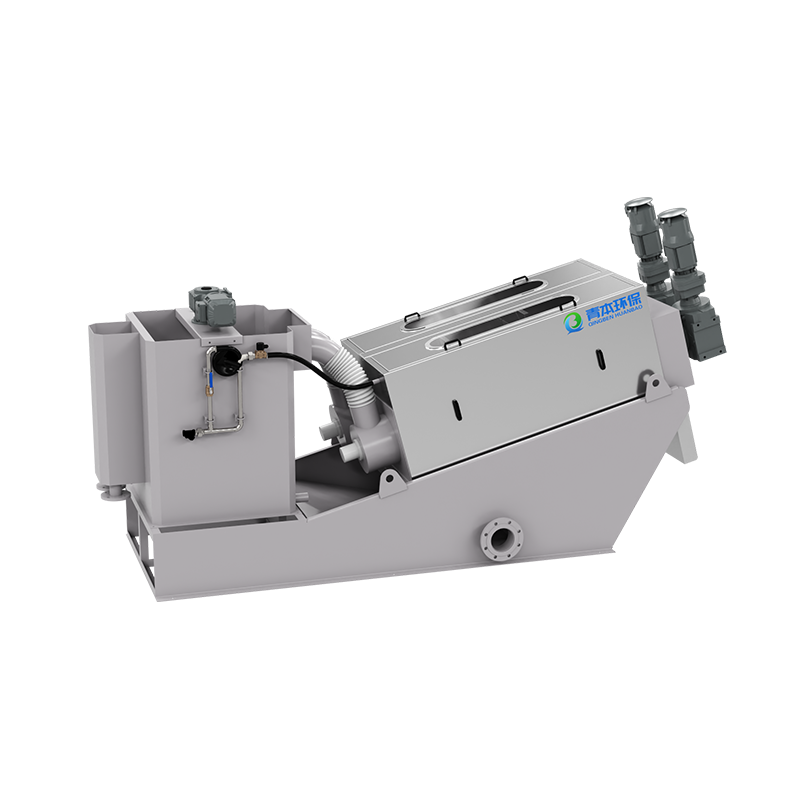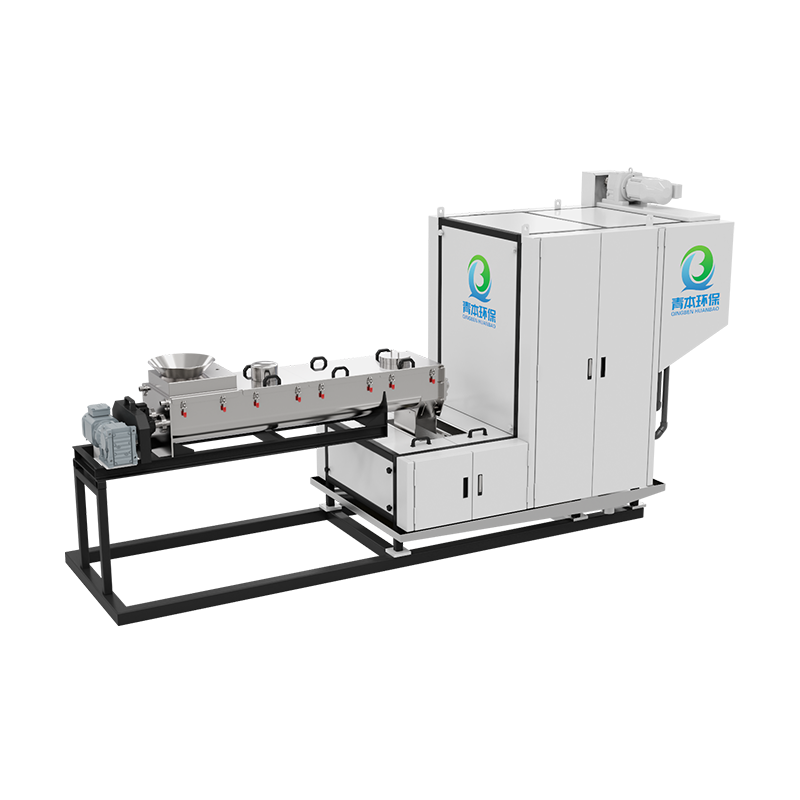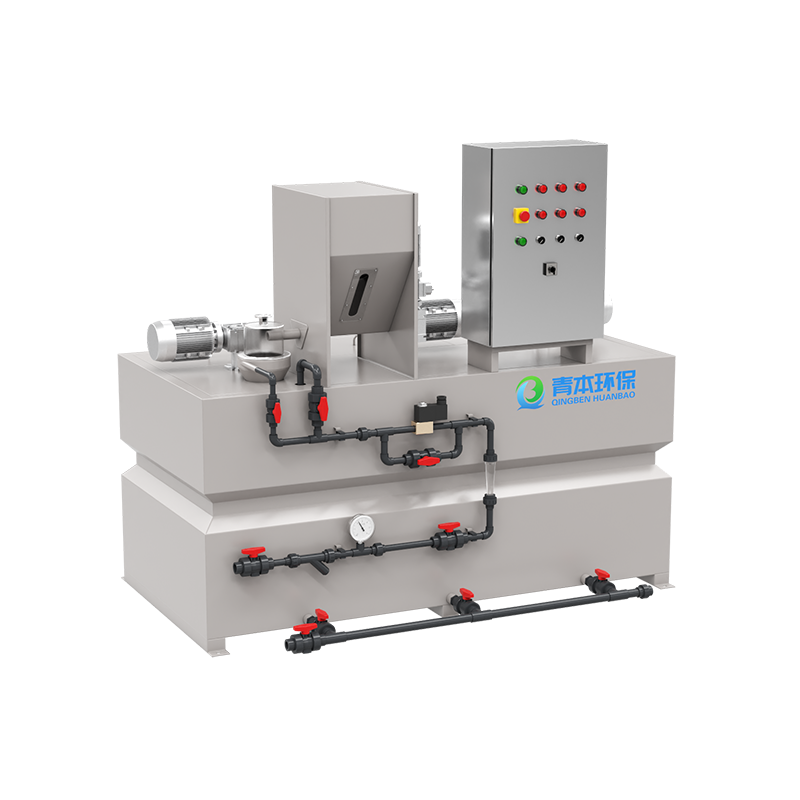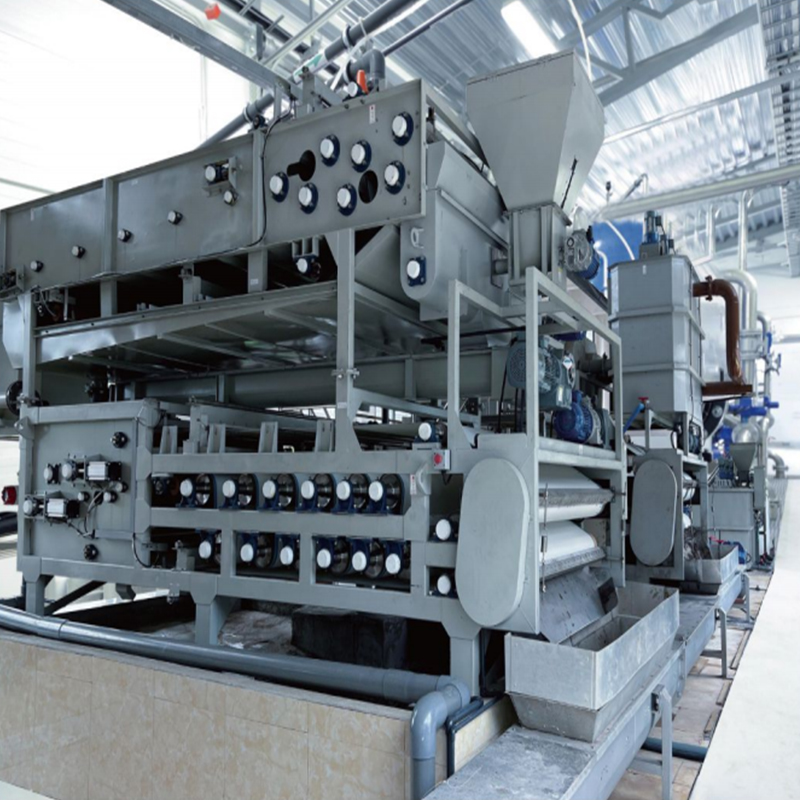Horizontal Dissolved Air Flotation (HDAF) is a highly efficient water treatment device primarily used for solid-liquid separation and water purification. It is widely used in sewage treatment, industrial wastewater treatment, and water pretreatment. Its core function is to rapidly separate suspended solids by adsorbing them through microbubbles.
Content
1. Functions of Horizontal Air Flotation Machines
High-Efficiency Solid-Liquid Separation
Removal of Suspended Solids (SS): Effectively separates fine particles, colloids, grease, fibers, and other solids from water, achieving a removal rate exceeding 90%.
Turbidity Reduction: After treatment, effluent turbidity can be reduced to below 5 NTU, making it suitable for high-standard discharge or reuse.
Oil-Water Separation
Excellent Oil Removal: Removal rates of up to 95% are achieved for floating oil and emulsified oils (such as petroleum, grease, and cutting fluids). It is suitable for petrochemical and machining wastewater treatment.
Sludge Thickening
Reducing Sludge Volume: Air flotation allows sludge to float and concentrate, reducing subsequent sludge dewatering costs (moisture content can be reduced from 99% to 95%-97%).
Improving Biochemical Treatment Efficiency
Pretreatment: Reduces the subsequent biochemical treatment load (e.g., reducing COD and BOD) and improving biological treatment efficiency.
Unique Advantages of Horizontal Air Flotation Machines
|
Features |
Horizontal Air Flotation Machine |
Vertical Air Flotation Machine |
|
Footprint |
Smaller, suitable for space-constrained applications |
Higher, requires more installation space |
|
Operational stability |
Smooth water flow, strong resistance to shock loads |
Susceptible to flow fluctuations |
|
Easy maintenance |
Easy to repair scraper and dissolved air system |
Complex structure, difficult to maintain |
|
Applicable water quality |
High-concentration wastewater (such as oily, high-SS) |
More suitable for low-concentration wastewater |
2. Precautions for Using a Horizontal Air Flotation Machine
- Pre-Startup Inspection
Equipment Integrity Check
Check the air flotation machine body, dissolved air system, scraper, and piping for integrity and no deformation or leaks.
Confirm that the releaser (microbubble generator) is not blocked and that the dissolved air tank pressure gauge and level gauge are functioning properly.
Electrical and Control System
Check that the wiring and grounding of electrical equipment, such as the motor, pump, and air compressor, are secure.
Confirm that the PLC or control panel parameters are correctly set (e.g., dissolved air pressure, scraper frequency).
Chemical Preparation
Prepare coagulant (e.g., PAC) and flocculant (e.g., PAM) based on water quality and ensure they are fully dissolved.
- Operating Instructions
Starting the water supply: Slowly open the inlet valve and adjust the flow rate to the designed value (avoid shock loads).
Chemical Dosing:
First, add the coagulant (PAC). After mixing, add the flocculant (PAM) to form alum flocs.
Chemical dosage should be determined through a pilot test. Excessive dosage will result in increased foaming. Start the dissolved air system:
Start the air compressor and adjust the dissolved air tank pressure to 0.3-0.5 MPa.
Start the reflux pump and control the reflux ratio (usually 20%-30%).
Start the scraper: After the scum layer forms (approximately 10-15 minutes), start the scraper and adjust the scraping speed.
- Common troubleshooting
|
Symptom |
Possible Cause |
Solution |
|
Uneven bubbles |
Releaser clogged or insufficient dissolved air pressure |
Clean the releaser and check the air compressor |
|
Scum not floating |
Insufficient reagent dosage or abnormal pH value |
Adjust the reagent dosage and test the water pH |
|
Fluctuating dissolved air tank pressure |
Air compressor failure or pipeline leak |
Repair the air compressor and tighten the pipeline joints |
|
Scum scraper stuck |
Loose chain or scum too hard |
Adjust the chain tension and manually clean the scum layer |
3. Safety Precautions
Electrical Safety
It is strictly forbidden to perform maintenance on motors or control cabinets while energized. Always disconnect the power supply and display a tag.
Use explosion-proof electrical equipment in humid environments (such as the petrochemical industry).
Operational Safety
The dissolved air tank is a pressure vessel and must not be operated at overpressure (the safety valve must be calibrated regularly).
When the scraper is operating, do not remove scum by hand; use specialized tools.
Chemical Safety
The coagulant (PAC) is corrosive; wear protective gloves and glasses when handling it.
PAM powder is dusty and must be prepared in a well-ventilated area.




















